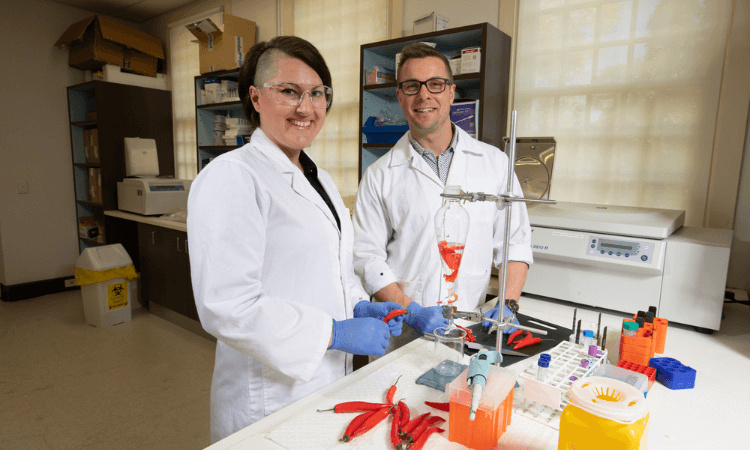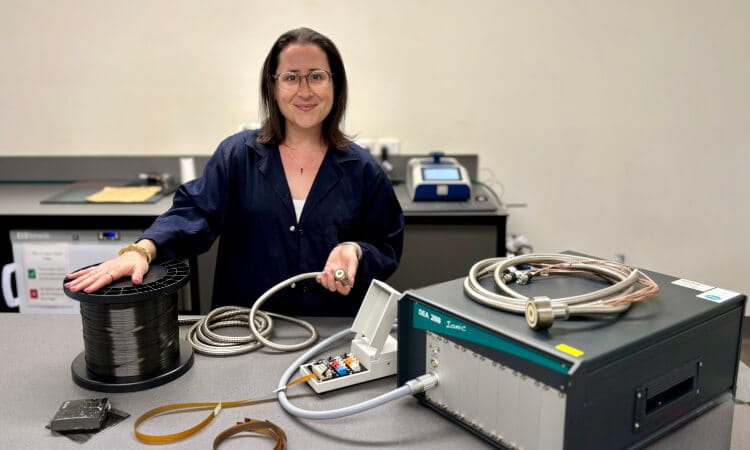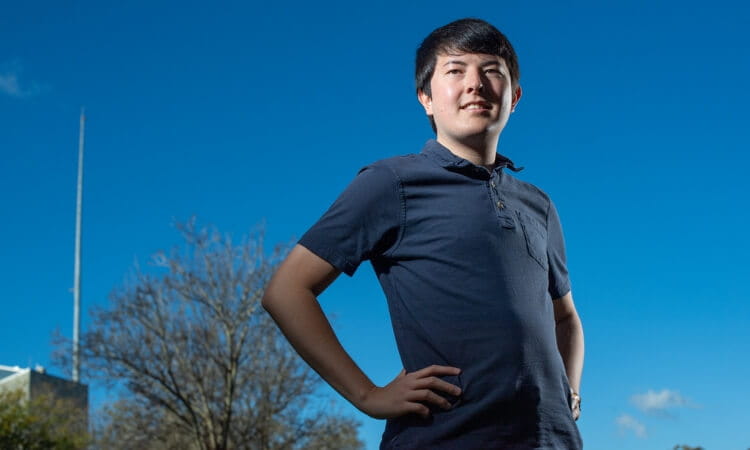Capsaicin, a molecule found in chillies, might just be the real MVP of the food world.
Not only does it give chillies their characteristic kick, but capsaicin could also be a key player in preventing dementia – one of the leading causes of death in Australia.
That’s what researchers at the University of Southern Queensland hope to uncover as they embark on a world-first human trial investigating the effects of capsaicin in brain health.
Tammy Thornton, an Honours student in the University’s School of Health and Medical Sciences, said capsaicin was being used for this trial because it has been shown to improve some of the risk factors that could lead to reduced brain health and dementia.
“We recently published a review where we found that collectively, capsaicin can reduce fat mass and blood pressure in humans,” Ms Thornton said.
“And in animal models, capsaicin has been found to improve cognition, improve memory, and reduce Alzheimer’s plaques that were formed,” she said.
“We haven’t found any other studies that have tested this in humans, so this is a really exciting study – a world-first of its kind.”
According to the Australian Bureau of Statistics, dementia is the second leading cause of death in Australia after coronary heart disease, and is the leading cause of death for women.
Ms Thornton said those statistics highlighted the importance of this research, which could genuinely change the way the world approaches preventative treatments for dementia.
“I think we all probably know, or have known, somebody who’s been affected by dementia or a neurodegenerative disease. It’s just so prevalent,” she said.
“There is no cure for dementia at the moment, but I’m hoping this study can form a basis of preventative medicine for dementia.”
The results from previous animal studies, including a study completed by Dr Edward Bliss, were a driving force in developing this world-first human trial at the University of Southern Queensland – a trial which will draw on those results around both cognition and obesity.
That’s because Medical Laboratory Science lecturer, Dr Edward Bliss, said the risk factors which promote obesity also promote the development of dementia.
“Regional, rural and remote areas have some of the highest rates of overweight and obesity in Australia – that is quite worrying,” Dr Bliss said.
“Over the last 10 years across the Darling Downs and West Moreton regions, the rates of people classified as being overweight or obese has risen to around two in three (67 per-cent)."
The goal of this trial, according to Dr Bliss, is quite simple.
“If we can reduce the risk of both conditions – obesity and dementia – simultaneously, then clearly, our communities will benefit.”
The pilot trial will be the first human trial in the world to assess the effects of capsaicin on brain health, specifically brain blood vessel function and cognition.
This pilot trial will also be the University of Southern Queensland’s first multi-centred human intervention trial, taking place across both the University’s Toowoomba and Ipswich campuses over a 12-week period.
The participants must meet the study’s inclusion criteria of being between 50-80 years old and either overweight or obese. The participants should not be smokers or have uncontrolled diabetes.
Also, perhaps quite obviously, they cannot be allergic to chilli.
To register your interest as a participant for the trial contact either Tammy Thornton (Tammy.Thornton@unisq.edu.au) or Dr Edward Bliss (Edward.Bliss@unisq.edu.au).
Keep updated on this study and many more at the UniSQ School of Health and Medical Sciences.



